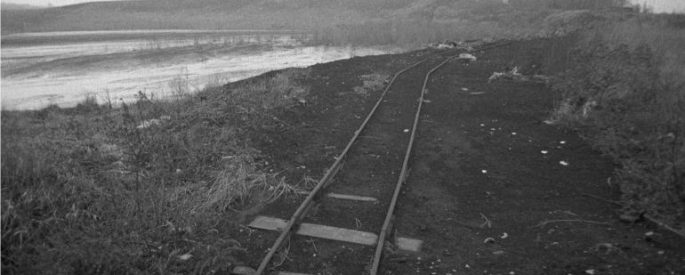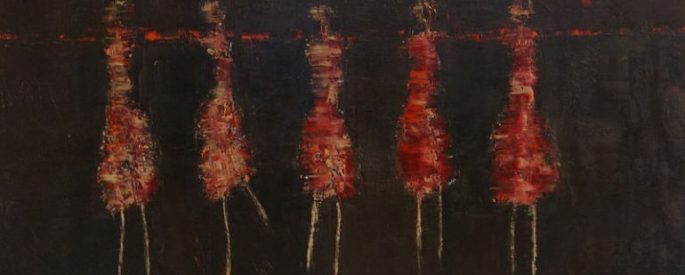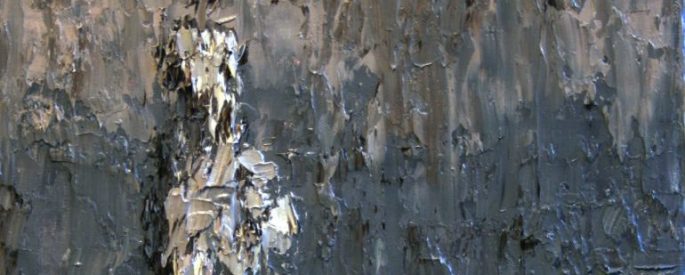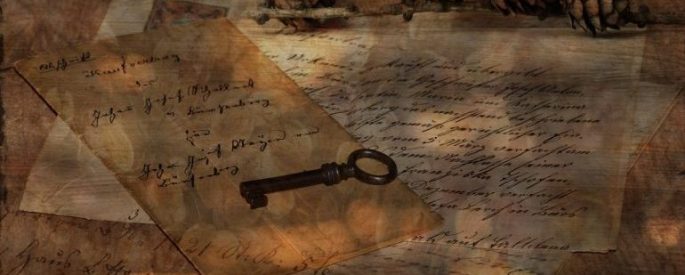Critical Essays Archive
Writing, Insecurity, and Eighth Grade

Writers, like all artists, experience things twice—once in the moment, and again when attempting to draw out the details of what has happened to bring a work to life. In the digital age, however, many experiences have been stripped of vibrancy.
The Country Inside Your Skin: Reading Old Rendering Plant in the Alamo City

The Alamo is a physical manifestation of Stasi-like doublespeak, a celebration of white mediocrity, white insularity, and the deep need to claim victory at all costs despite thorough defeat—a strategy for decentering truth not unlike the modus operandi of the Trump administration or its lackeys.
Multiple Selves in Illness Narratives

It is clear that there is benefit in creating multiple selves in order to process trauma, distance oneself from illness, and imagine an alternative reality as a means of coping. There is also power in naming oneself, especially after illness or injury.
The Violence Women Face

The #MeToo Movement has opened up the public discussion around violence against women, especially sexual violence. In the last few years, many of our contemporary poets have written frankly and devastatingly about the many kinds of violences women disproportionately face.
A Feminist Look at Edward Abbey’s Conservationist Writings

January 2018 marked fifty years since Edward Abbey published his paean to America’s southwestern deserts. In the wake of this anniversary, numerous tributes to Abbey and his books appeared, but few, if any, of these articles looked at Abbey’s work through a feminist lens.
Saar Yachin, Ethan Nichtern, and the Poetry of Instability

“Ewer Toccata” depicts the surprise that Saar Yachin—a poet, translator, and musician—experienced when he moved to the desert town of Mitzpe Ramon in southern Israel and was hit by divine inspiration. “I went to the desert to find quiet,” he writes. “Boom! Ewers of poetry.”
Dark Places in Paradise

After having children, the always-baffling allure of a commune began to make a bit more sense. I had a daughter and was pregnant with my son when the media began reporting on refugees dying while attempting to cross the Mediterranean, and when my outlook on American policy became nihilistic.
Gillian Flynn’s Sharp Objects and the Repression of Women’s Anger

Where other recent feminist works have focused on women’s anger sparked by sexual harassment, sexual assault, and rape, Flynn’s novel attributes this rage to unrealistic and gendered expectations of perfection.
Absence and Marcel Proust’s Letters

In an 1863 letter to his sister, Blessed Cardinal Newman wrote that “the true life of a person is in their letters…. Not only for the interest of a biography, but for arriving at the inside of things, the publication of letters is the true method.”
Writing the Unknown in Memoir

Novelists, Vladimir Nabokov once said, are “more fully at home on the surface of the present than in the ooze of the past.” Great memoirists, on the other hand, are not fully at home in the present until they navigate their way through this ooze.